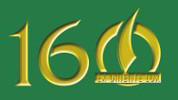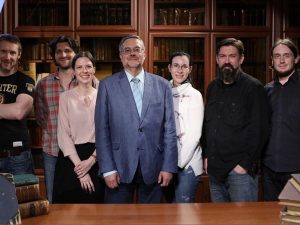Since September 11, the weekly webinars have resumed with the University of Michigan. During the classes, bachelor students and graduate students of St. Petersburg State University, including whose who study at the program for training specialists with in-depth study of the history and culture of Islam discuss with their American counterparts the development of Muslim mysticism (Sufism). As in the past academic year, classes are held under the guidance of Professor of Islamic Studies, Department of Middle Eastern Studies, University of Michigan, the Head of the Research Laboratory for Analysis and Modeling of Social Processes, Alexander D. Knysh.
The first meetings were devoted to the influence of the ideas of Neo-Platonism on the development of Islamic mysticism and the role of Sufism in the modern world. During the fruitful discussion held in an open setting, various problems of the genesis of mystical ideas in Islam, the relationship between asceticism and mysticism, the role and possibility of practicing asceticism in the modern technological world, as well as the similarities and differences between the mystical currents of different religions were discussed.




